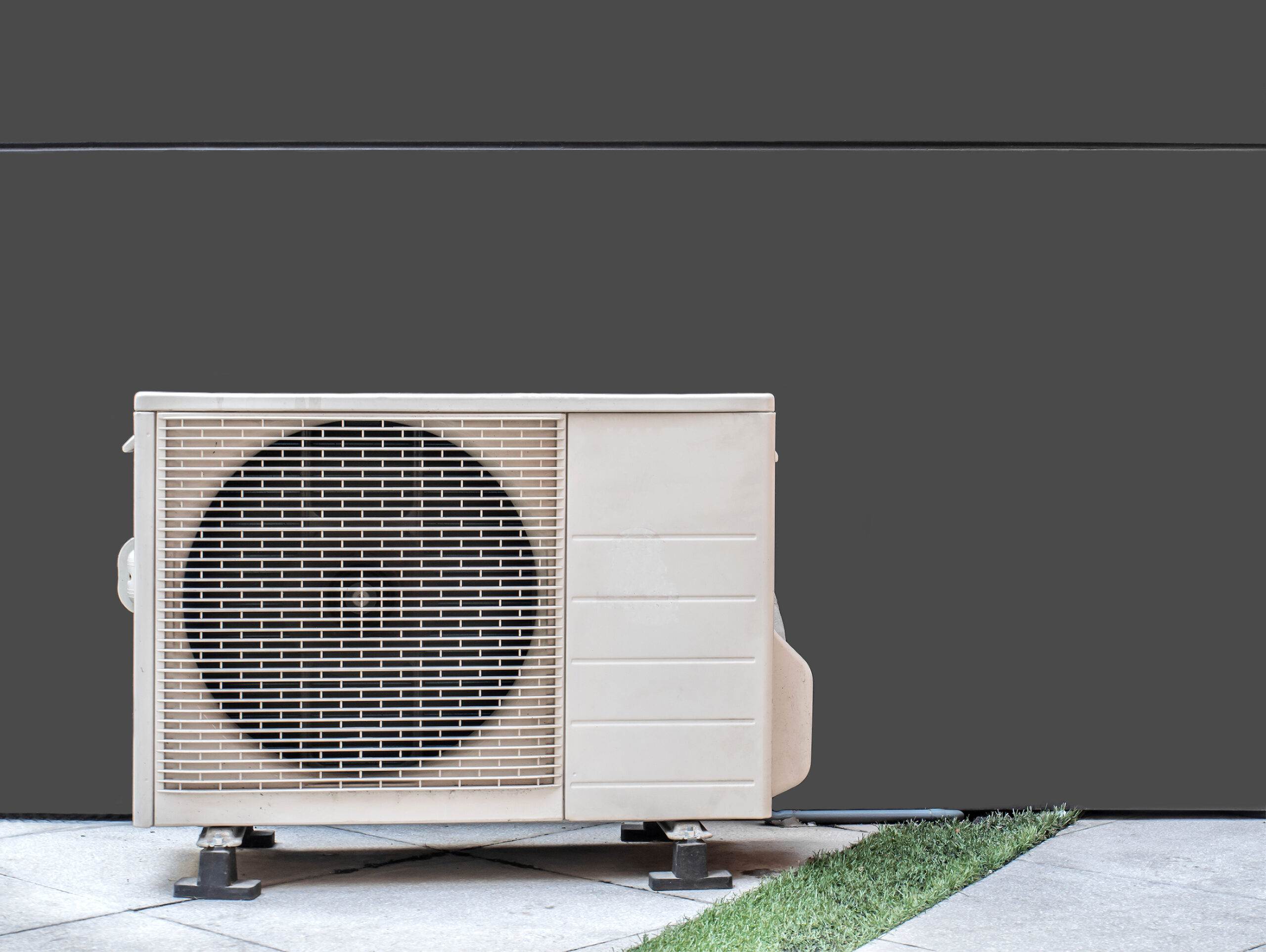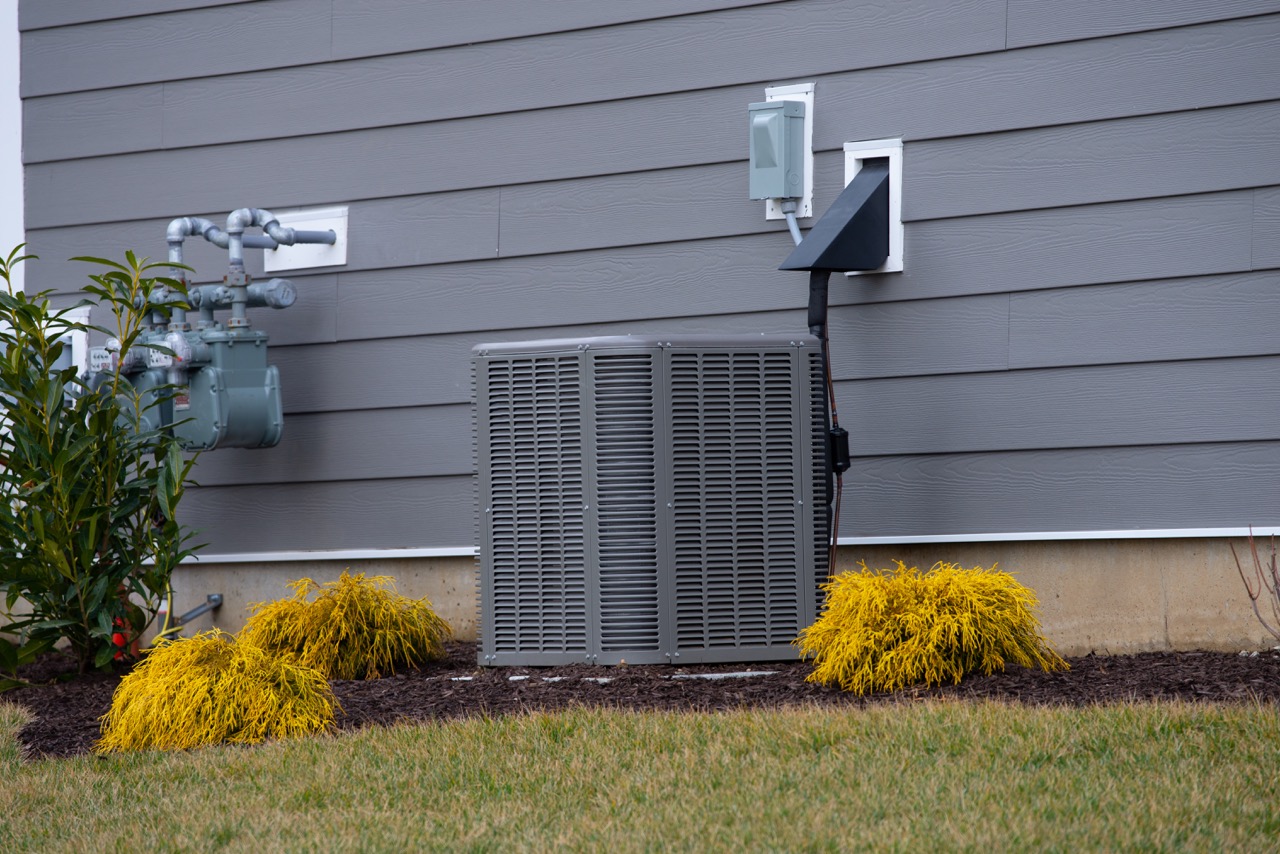Have you heard about heat pumps and their energy efficiency? These HVAC systems are able to provide both heating and cooling services. However, heat pumps need slightly different care than furnaces or air conditioners, and homeowners must pay attention to their maintenance requirements. Novak Heating, Air & Duct Cleaning takes a closer look at the importance of yearly heat pump maintenance and how it differs from traditional split HVAC systems.
What Is a Heat Pump?
Before discussing the importance of yearly heat pump maintenance, it is essential to understand exactly what a heat pump is. A heat pump is a system that moves heat energy from one location to another. During the winter months, the heat pump will move heat from outside the home into the inside, providing warmth. During the summer months, this process is reversed, with the heat pump moving indoor heat outside, cooling the home in the process. These heating and cooling systems are incredibly energy efficient, but as they age, they can develop issues like all HVAC systems. Preventative maintenance is important to stay on top of to keep your energy consumption optimal.
Importance of Yearly Heat Pump Maintenance
Like all mechanical equipment, regular maintenance is essential to ensure the longevity and efficiency of heat pumps. Heat pumps typically last between 12 to 15 years, but this can decrease if the system is not regularly maintained.
Yearly maintenance checks are crucial to ensuring the system is operating correctly, cleaning filters, and identifying any potential problems. Secondly, regular maintenance checks will ensure optimal efficiency of the heat pump system, helping to reduce energy bills while keeping your home comfortable.
Why Twice a Year Maintenance Checks are Necessary
As mentioned earlier, heat pumps have unique maintenance requirements. They need to be serviced twice a year. It’s best to schedule yearly heat pump maintenance with one tune-up in the spring and one in the fall.
The reason why these alternating tune-ups are necessary is that heat pump systems have to function differently depending on the seasons. In the winter, many homeowners rely on their heat pump system as their primary heating system. A well-maintained heat pump will work reliably throughout the winter months. Then in the summer, your heat pump will become your cooling system to keep your home comfortable on hot summer days.
The year-round use of this heating and cooling system requires more frequent tune-ups to make sure all components remain running efficiently for both heating and cooling roles. With a heating or cooling system like a furnace or an air conditioner, you typically only need a single tune-up each year due to each unit’s singular task of only providing heating or cooling indoors based on the season.
What Happens During a Heat Pump Maintenance Tune-Up?
During the tune-up, an experienced technician will inspect the outside and inside components by following a comprehensive heat pump maintenance checklist. They’ll check for blockages in air ducts, blocked filters, and malfunctioning mechanisms such as thermostats and fan motors. They will also clean any dirt or debris from moving components like fan blades. They will also monitor outdoor coils, and look out for any refrigerant leaks. Both the outdoor unit and any indoor air handlers or other components will be inspected. In addition, they may lubricate motors and parts as needed.
A certified and professional HVAC technician knows how to spot the signs of wear and tear and will recommend a heat pump repair if they feel it is necessary. These repairs help avoid unexpected breakdowns when you’re relying on your heat pump the most, usually on an extremely cold or hot day.
After the maintenance tune-up is complete, you can be sure that your heat pump is optimized for maximum energy efficiency.
Professional Heat Pump Maintenance Services in Cedar Rapids, IA
A heat pump is a fantastic system that provides both heating and cooling services. To ensure the system remains efficient and long-lasting, yearly heat pump maintenance checks are crucial. Twice-a-year tune-ups on heat pumps are necessary as these systems operate year-round and require different maintenance tasks than traditional split HVAC systems. By having your heat pump serviced regularly, you can keep your home comfortable, reduce energy bills, and extend the lifespan of the system. If you’re looking for professional heat pump maintenance in Cedar Rapids, contact Novak Heating, Air & Duct Cleaning, and one of our certified HVAC technicians will assist you.


